
Read or listen offline
Recommendation
Even though Jordan Ellenberg is a professor of mathematics at the University of Wisconsin-Madison, he doesn’t write like an academic. He writes like a snappy, online commentator. His style works for and against him. He’s funny, not a quality you normally associate with mathematicians. He’s sincere in his love for – and desire to evangelize about – math and how it infiltrates daily life. Ellenberg wants you to apply mathematical thinking to your everyday experiences and your long-term decision making. The superficial claim for this book’s merits is that applying mathematical thinking will make you wrong less often. Perhaps so. But Ellenberg’s love of math at times leads him to confuse rather than illuminate. You may savor his stories, only to skip the math and formulas that he intends to explain in his tales. The more math you know, the more benefit and new knowledge you’re likely to gain. Those who are curious about math, those seeking to understand math better, those who already love math and want to delve deeper, and those who really hate math and would like to discover its importance all will enjoy this unlikely treatise.
Take-Aways
About the Author
Jordan Ellenberg is a distinguished achievement professor of mathematics at the University of Wisconsin-Madison. His writing has appeared in Slate, The Wall Street Journal, The New York Times, The Washington Post, The Boston Globe and The Believer.








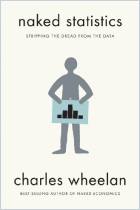
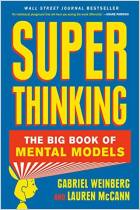
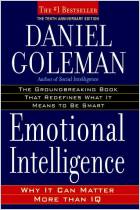
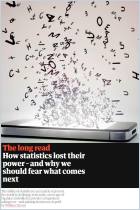
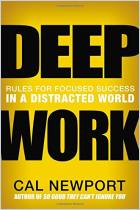
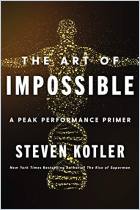

Comment on this summary or Comenzar discusión